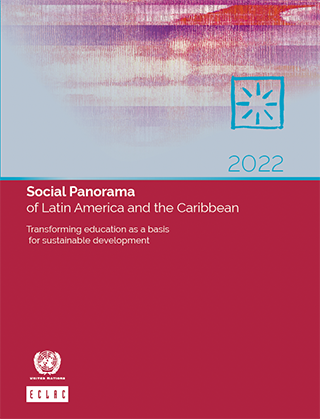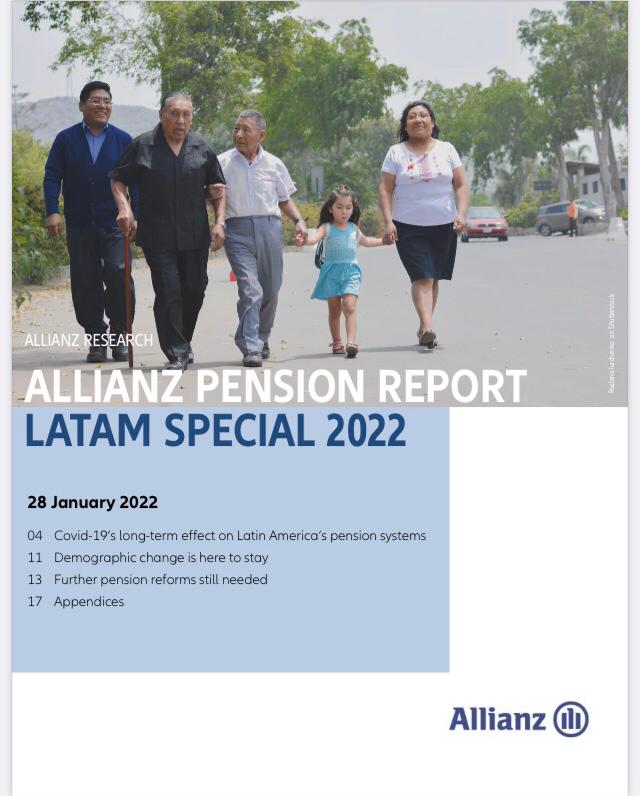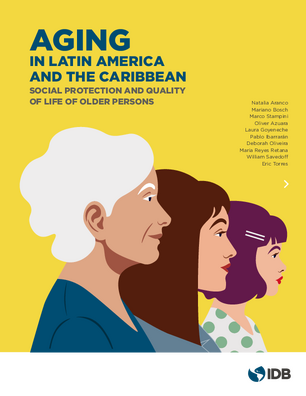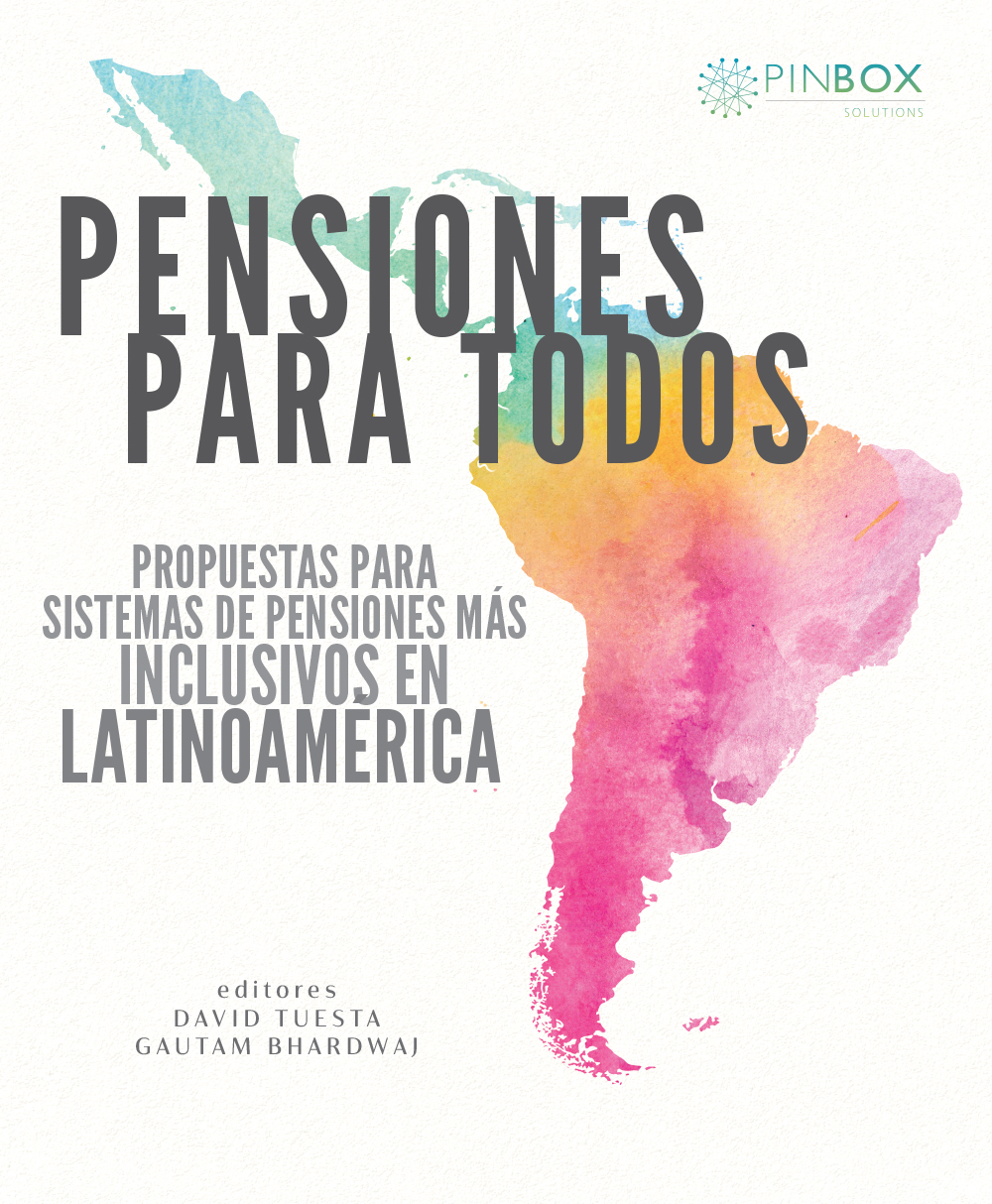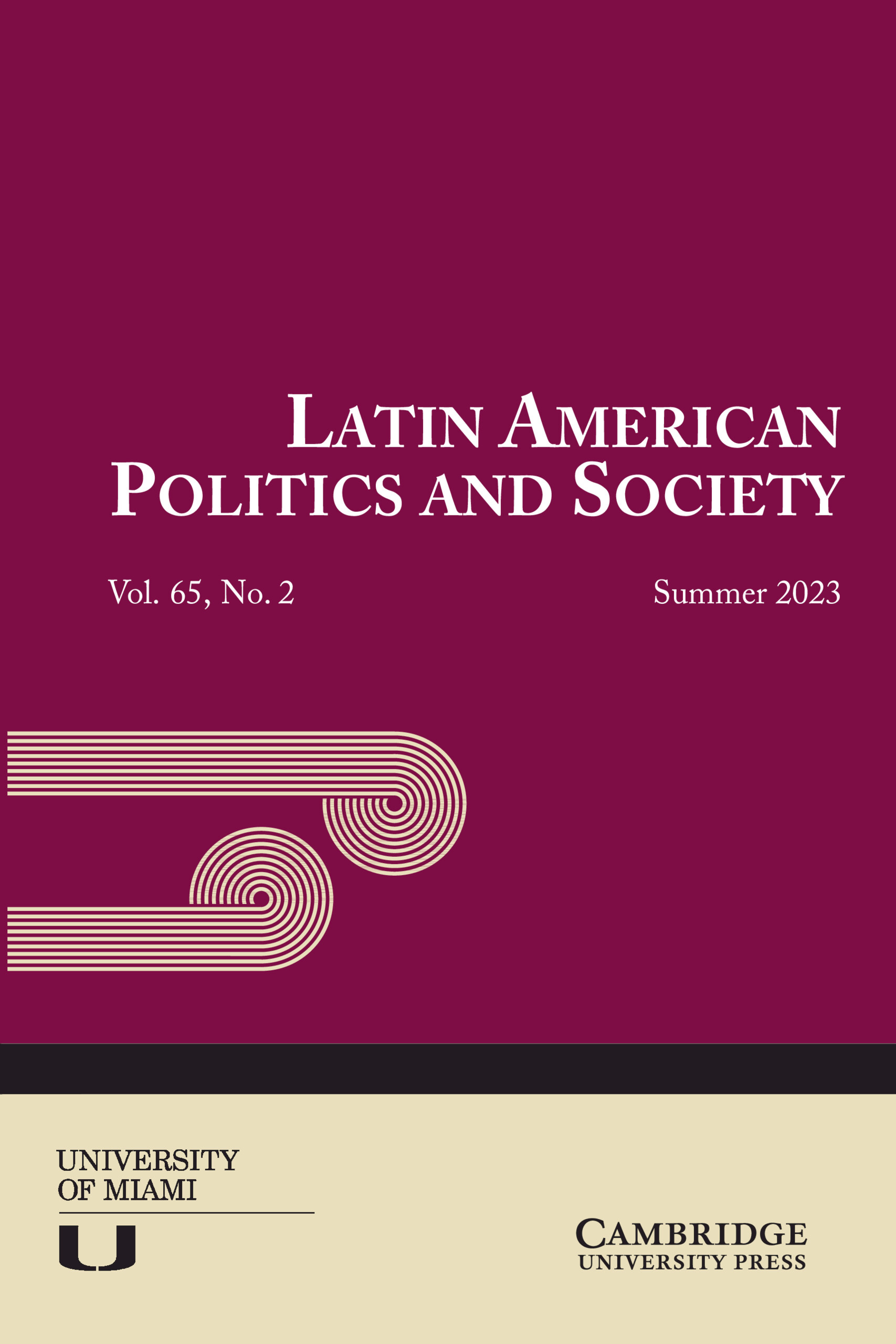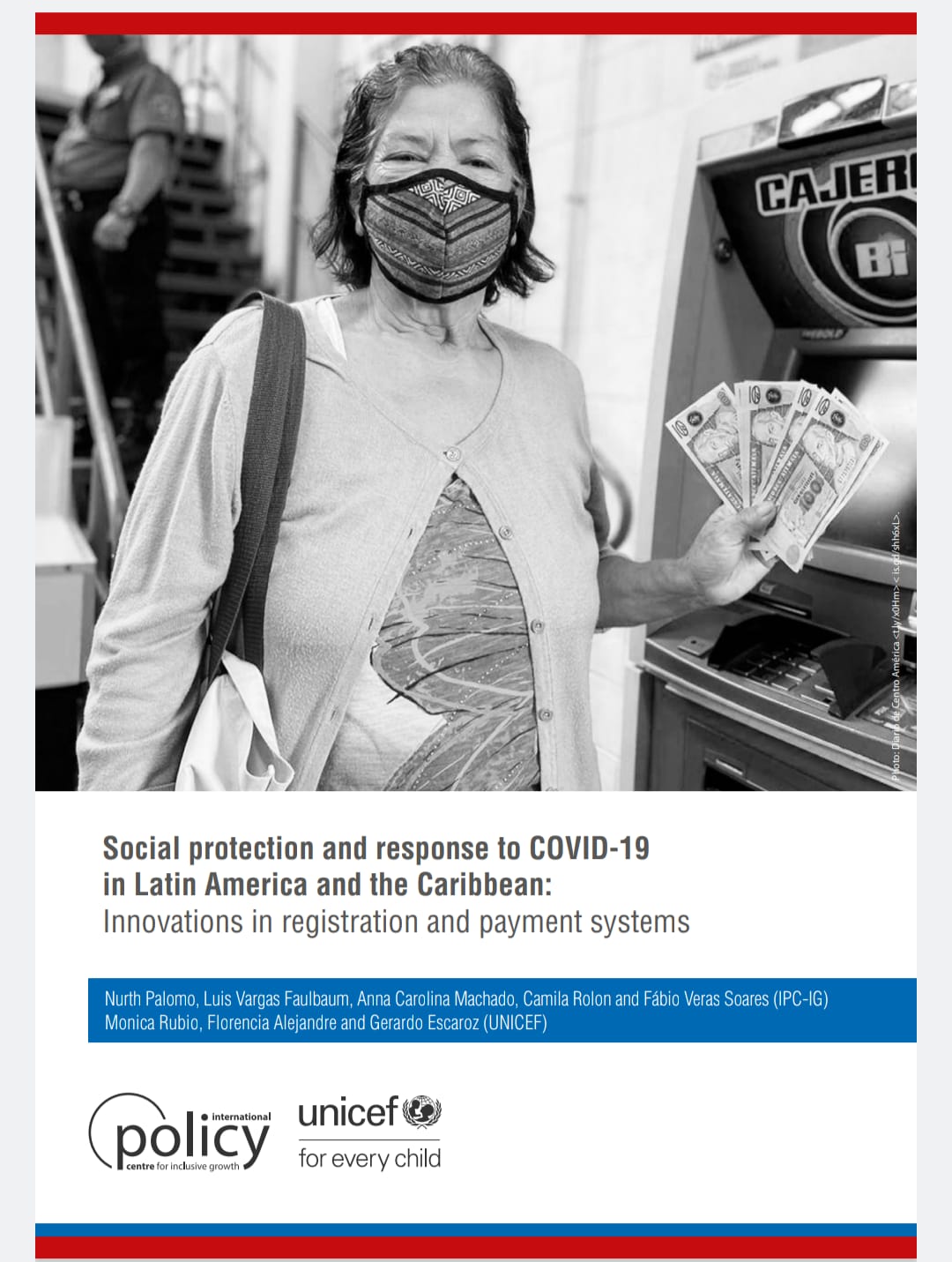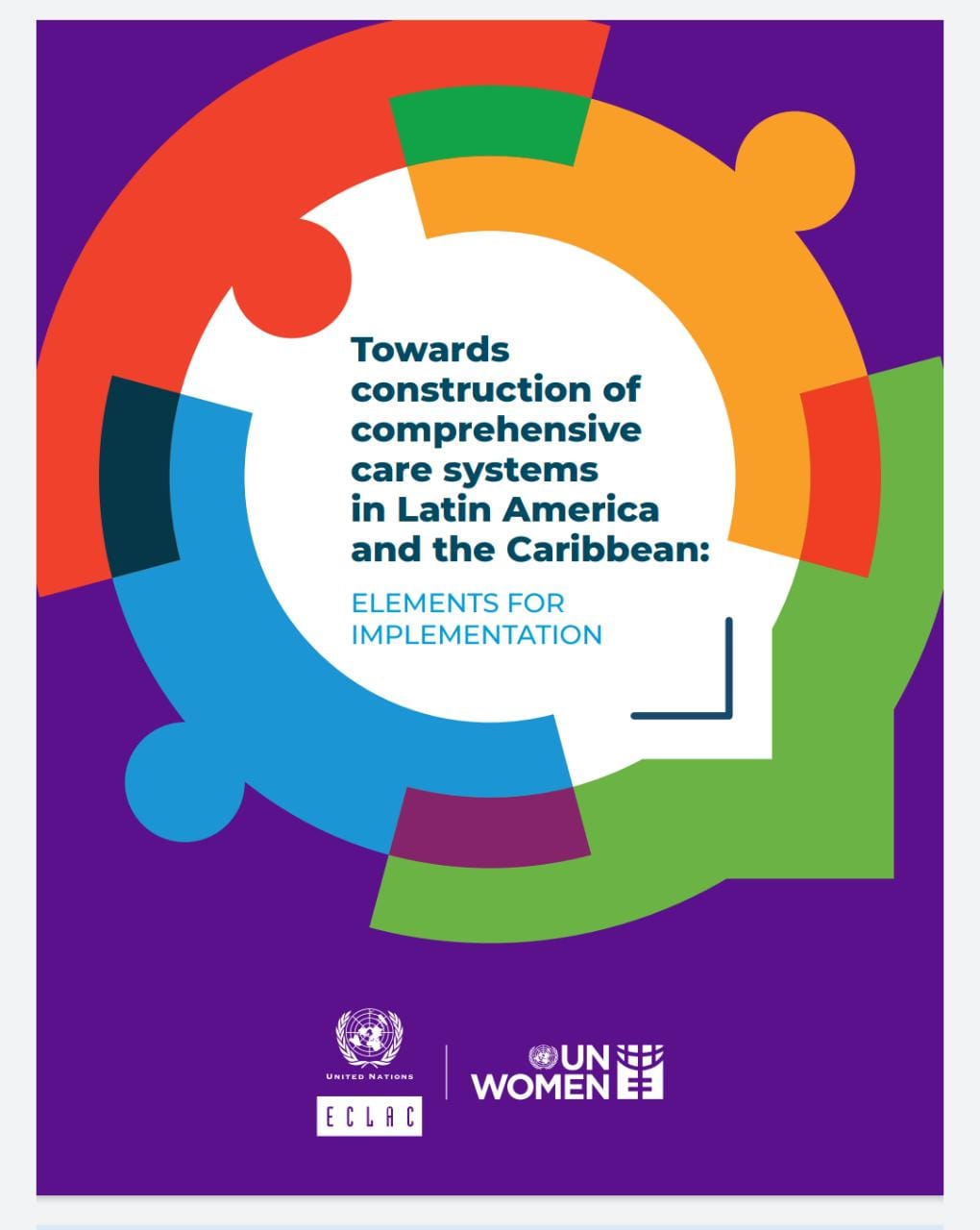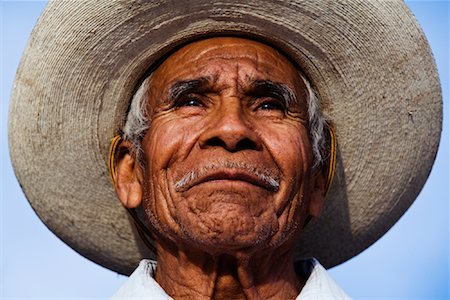Social Panorama of Latin America and the Caribbean 2022: Transforming education as a basis for sustainable development
By ECLAC Social Panorama of Latin America and the Caribbean, 2022 has four chapters. Chapter I presents the relevant macroeconomic background in terms of the evolution of per capita GDP, employment, household income distribution and the consumer price index, and looks at how income inequality and poverty have changed over the past two decades (2002–2021). The chapter also discusses changes that occurred in social stratification during the pandemic. Chapter II addresses the worrying silent crisis of education as another of the...

